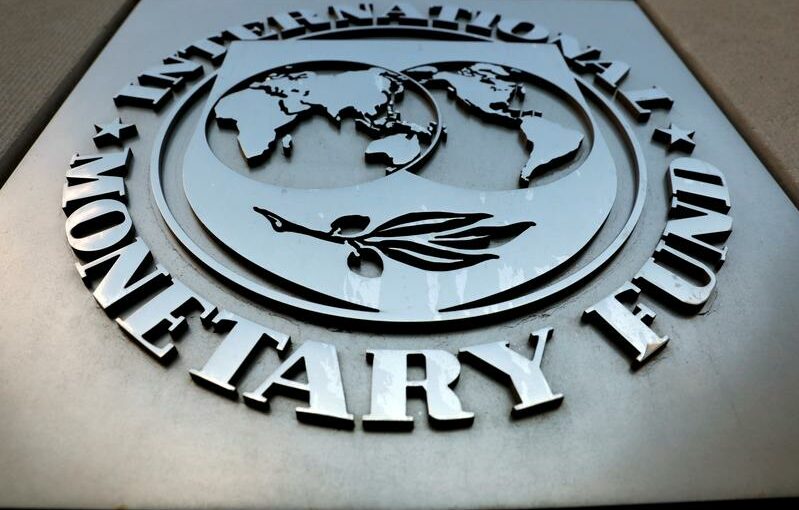(Reuters) – The International Monetary Fund raised its outlook for global economic growth again on Tuesday, forecasting worldwide output would rise 6% this year, a rate unseen since the 1970s, thanks largely to the unprecedented policy responses to the COVID-19 pandemic.
That upgrade, from 5.5% less than three months ago, largely reflects a rapidly brightening outlook for the U.S. economy, which the IMF now sees growing by 6.4% in 2021, the fastest since the early 1980s. That’s up 1.3 percentage points from the IMF’s 5.1% projection in late January and nearly double the rate it estimated in October.
The IMF forecast, if realized, would mark the fastest pace of global growth since 1976 but also comes off the steepest annual downturn of the post-war era last year as the pandemic brought commerce around the world to a near stand-still at times. The fund said the world economy contracted 3.3% in 2020, a modest upgrade from an estimated contraction of 3.5% in its January update.
The latest World Economic Outlook – released at the start of the IMF’s and World Bank’s spring meetings – reflects a dramatic divergence between the outlook for the United States and much of the rest of the world courtesy of another $1.9 trillion in pandemic relief spending recently enacted in Washington.
The outlooks for other advanced economy heavyweights, such as Germany, France and Japan, hardly improved at all since January. Nonetheless, with the heft of the U.S. outlook improvement as the main driver, the IMF marked up its advanced economy growth estimate to 5.1% from 4.3%.
Forecasts for emerging market economies, while somewhat improved, took a back seat to their developed peers. The fund’s outlook for EM economies rose by just 0.4 percentage point – half of the advanced economy mark-up – to 6.7% from the view in January.
“(M)ultispeed recoveries are under way in all regions and across income groups, linked to stark differences in the pace of vaccine rollout, the extent of economic policy support, and structural factors such as reliance on tourism,” the IMF said in its report summary.
The United States economy this year will join China in regaining a level of gross domestic product that exceeds where it stood before the pandemic struck just over a year ago, the IMF said. China recaptured all of its lost growth by the end of 2020.
The IMF emphasized the high degree of uncertainty surrounding the outlook, and that improvements could easily be tripped up by any of several factors, with success against the pandemic topping the list.
“Greater progress with vaccinations can uplift the forecast, while new virus variants that evade vaccines can lead to a sharp downgrade,” it said.
Another big risk centers around the persistence of accommodative policies, from the United States in particular. Long-term interest rates around the world have risen sharply since January, as market participants revise their expectations for how soon the U.S. Federal Reserve begins to normalize its policy stance.
Source: Read Full Article
